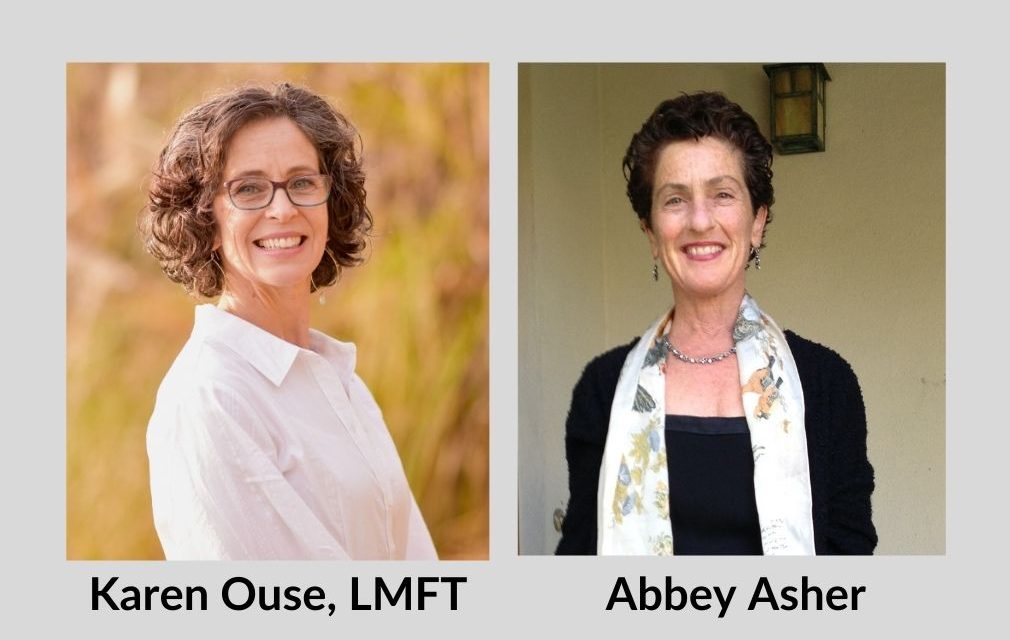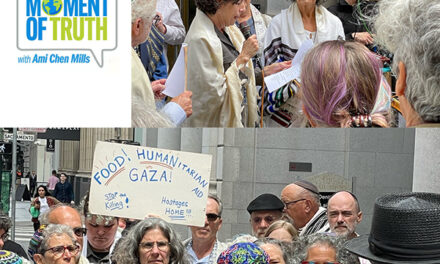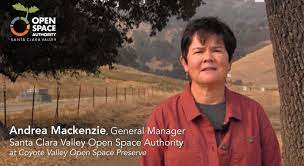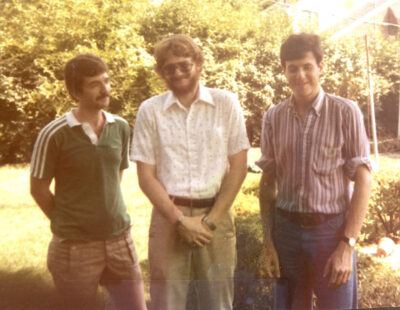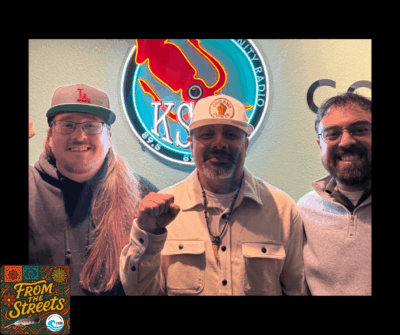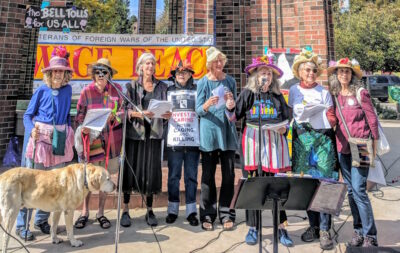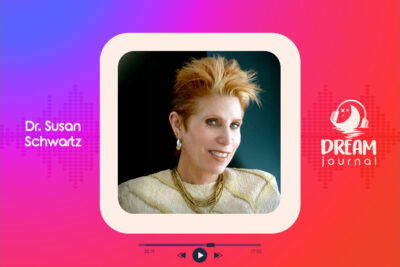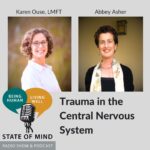
Episode 40: The vast majority of adults in the U.S., more than 70%, have experienced some type of traumatic event, and research shows that trauma survivors have a high incidence of physical and mental health illnesses. Trauma has such a severe impact on the body because of the way it affects, and ultimately rewires, the brain. The good news is that the human nervous system has the capacity to recover. Joining us is yoga teacher Abbey Asher, who describes how she learned to attend to her own mental health and nervous system while she was caring for her husband through his 4-year illness and eventual death from brain cancer. Psychotherapist and trauma specialist Karen Ouse, LMFT joins us to share her knowledge of nervous system physiology and to discuss how to grow awareness, calm the nervous system, and build resilience to facilitate trauma recovery.
Broadcast: 3/6/22
Special thanks to Jeanne Baldzikowski for audio production, to Jennifer Young for research and outreach, and to Izzy Weisz for marketing. And thanks to acoustic guitarist Adrian Legg for composing, performing, and donating the use of our theme music.
LISTEN ANYTIME or subscribe to get new or past episodes delivered to your listening device:
Apple Podcasts / Google Podcasts / Spotify / Stitcher / TuneIn
JOIN EMAIL LIST
Want to know our interesting topic each month? Simply SIGN UP for our email list!
FOLLOW US
Facebook @stateofmind.radioandpodcast
Instagram @stateofmind.radioandpodcast
SUGGEST A TOPIC
If you or someone you know has topic ideas for future shows or a story of mental health recovery to share, please email debra.stateofmind@ksqd.org
SHARE YOUR STORY
In Your Voice are short segments on the show where a listener gets to share their experience of the topic we are discussing. You can call us at 831- 824-4324 and leave a 1-3 minute message about: a mental health experience you’ve had, something that has contributed to your mental health recovery journey, or share a resource that has helped you. Alternatively, you can make a 1-3 minute audio recording right on your phone and email that file to debra.stateofmind@ksqd.org. Your voice may just become part of one of our future shows!
SUPPORT OR UNDERWRITE
If you like what you’re hearing here on KSQD, also affectionately called K– Squid, you can become a “Philanthropod on the Squid Squad” by becoming a supporting member and help keep KSQD surfing the air waves! Consider underwriting your business or agency and showing our listeners your support for State of Mind.
RESOURCES
Books & Articles
The Body Keeps the Score: Brain, mind, and Body in the Healing of Trauma (2014) by Bessel Van Der Kolk — This book explores how the body retains the imprints of trauma. The author is a neuroscientist who explains why we suffer and opportunities for healing from the trauma. There is a wonderful chapter on yoga and learning how to inhabit your body.
When Things Fall Apart: Heart Advice for Difficult Times (2005) by Pema Chödrön, an American Tibetan Buddhist. — According to traditional Buddhist teaching, we must learn to stop running from suffering and instead actually learn to approach it — fearlessly, compassionately, and with curiosity.
Healing Developmental Trauma: How Early Trauma Affects Self-Regulation, Self Image, and the Capacity for Relationship (2012) by Dr. Laurence Heller and Dr. Aline LaPierre — A practical guide to help understand the principles involved in the NARM™ model which draws from somatic-based psychotherapy and neuroscience to offer tools for healing—and moving past—early trauma.
In an Unspoken Voice: How the Body Releases Trauma and Restores Goodness (2010) by Peter Levine —Poses the idea that idea that trauma is neither a disease nor a disorder, but rather an injury caused by fright, helplessness and loss that can be healed by engaging our innate capacity to self-regulate high states of arousal and intense emotions. Explains the theory of Somatic Experiencing® and learn how physiology is dysregulated by trauma.
Man’s Search for Meaning (2006) by Viktor E. Frankl — This is a seminal book that is a must read for anyone experiencing trauma. The book recounts Viktor Frankl’s experiences in the concentration camps of WWII and the school of therapy he invented to help us confront our trauma and losses.
What if There’s No Such Thing As Closure by Meg Bernhard / New York Times / Dec. 15, 2021 Updated Dec. 19, 2021 — The article describes the groundbreaking research by social scientist, Pauline Bass, who invented the term “ambiguous loss” to describe absences that are often not unacknowledged. You can also listen to this article using this link.
Podcast
New York Times Ezra Klein Podcast: That Anxiety You’re Feeling; It’s a Habit You Can Unlearn / New York Times Ezra Klein Podcast / April 20, 2021— Jud Brewer is an associate professor of psychiatry at Brown University, where he is the director of research and innovation at the Mindfulness Center. He has a new book called “Unwinding Anxiety: New Science Shows How to Break the Cycles of Worry and Fear to Heal Your Mind,” In this interview with Ezra Klein, Brewer discusses his research on anxiety, which he sees as a kind of addiction.
Websites
Somatic Experiencing® — Dedicated to supporting trauma resolution and resilience through culturally responsive professional training and education, research, and outreach around the globe.
The NARM™ Training Institute — Descriptions of offerings for this therapeutic modality, including how to become a member of the NARM™ Inner Circle Community.
Greater Good Magazine — The Greater Good Science Center at UC Berkeley studies the psychology, sociology, and neuroscience of well-being, and hosts this online magazine that teaches skills that foster a thriving, resilient, and compassionate society. The online magazine offers no-cost videos, articles, and The Science of Happiness, a podcast on the science and skills of well-being.
More Info
Trauma and the Nervous System: A Polyvagal Perspective– a 9 minute video explaining how our nervous systems work, how and why they can become dysregulated and describes ways to settle and regulate your nervous system for improved mental and physical health.
Trauma and Adverse Childhood Experiences (ACEs) – An overview from the US Department of Health and Human Services of the ACEs model of understanding risk factors contributing to developmental and relational trauma, common responses and the impacts of such experiences on later physical and mental health. This page also links to numerous other resources.
- ACEs Fact Sheet – by the Centers for Disease Control
- Take The ACE Quiz — And Learn What It Does And Doesn’t Mean – NPR Article / March 2, 20152:57 PM ET / by Laura Stareccheski
Self-Care for Trauma
Yoga with Adriene — A wonderful way to access free yoga videos for all levels, including beginners.
Community Counseling
Family Service Agency (FSA) of the Central Coast is a dedicated underwriter of State of Mind. FSA provides resources, support, and counseling services to adults and children. FSA believes in the power and potential of people of all ages and backgrounds to discover their own creative solutions and welcomes people of diverse cultures, genders, sexual orientations, ages, faiths, socio-economic backgrounds. FSA Counseling Offices offer Medi-Cal, Medicare, and low-cost, sliding scale services in both downtown Santa Cruz 831-423-9444 x200 and in Soquel 831-346-6767 x200.
Contact Guests
Abbey Asher — Iyengar inspired yoga teacher; classes held in person at the Vet’s Hall in downtown Santa Cruz, on zoom or privately in Abbey’s home.
Email: aasher@ucsc.edu
Phone: 831-334-5919
Karen Ouse, LMFT — Somatic Experiencing Practitioner, NARM Therapist. Offering online sessions to individuals and couples; specializing in healing trauma from a heart-centered, relational approach.
Email: karenouse@santacruztraumatherapist.com
Phone: (831)-689-7676

